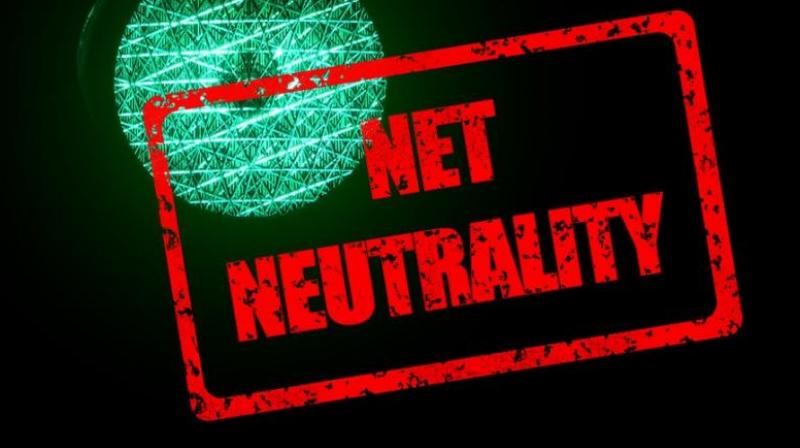Ensure Net is kept equally open to all
Net neutrality is akin to the right to free speech on the internet.

Net neutrality” is an ideal held sacred by those who want to ensure the Internet remains a fair and open medium granting access to knowledge and information equally, without barriers, across the world. This has been challenging given the commercial pressure on telecom operators and Internet service providers to play around with preferential choices as parts of the market demand it. A foundational principle of the Internet has been that a consumer will get the same speed while accessing any website or app. Discriminatory tariffs were banned last year after offers by Facebook of “Free Basics” and with Indian telecommunications giant Airtel toying with the idea of preferential speeds and access to some websites. The laws are yet to specify to telecom firms and ISPs on how to operate to ensure Net neutrality, but that will change with the impetus provided by a lucid statement of first principles.
India has no need to follow the American lead even if the US ends the Obama-era commitment to Net neutrality, as suggested by the Indian-American head of the Federal Communications Commission, a Republican who is now trying to target President Donald Trump’s vociferous critics in Hollywood and Silicon Valley. The breaking of what has worked for decades to favour the phone, cable and broadcasting industries over broadband providers has not gone down well inside the liberal community. The thrust to the drastic FCC moves seem entirely political, with certain businesses taking sides against the more established ones in the new economy that has been thriving in the open environment. To argue, as FCC chairman Ajit Pai has done, that ISPs are a greater threat to an open Internet as they choose what people see is fallacious as Internet search engines are those which act as the gateways to the Web rather than service providers.
Net neutrality is akin to the right to free speech on the Internet. Access to all sites at equal speeds and open to consumer preference is what defines this freedom. To allow someone to come in and offer free access on the pretext of widening access to the Internet in a country like India, which struggles to reach the Internet to the consumer in the remotest areas except over the mobile phone, is anathema to the idea of allowing freedom of choice. Pragmatism suggests that there are areas in which certain specialised services can be exempted. The basic argument is not one about ISPs versus phone and cable companies, but about how best the principle of Net neutrality can be preserved in all media in India even if it demolished in Donald Trump’s America. Trai and DoT have much to do in securing the open environment as we have come to know and cherish.

